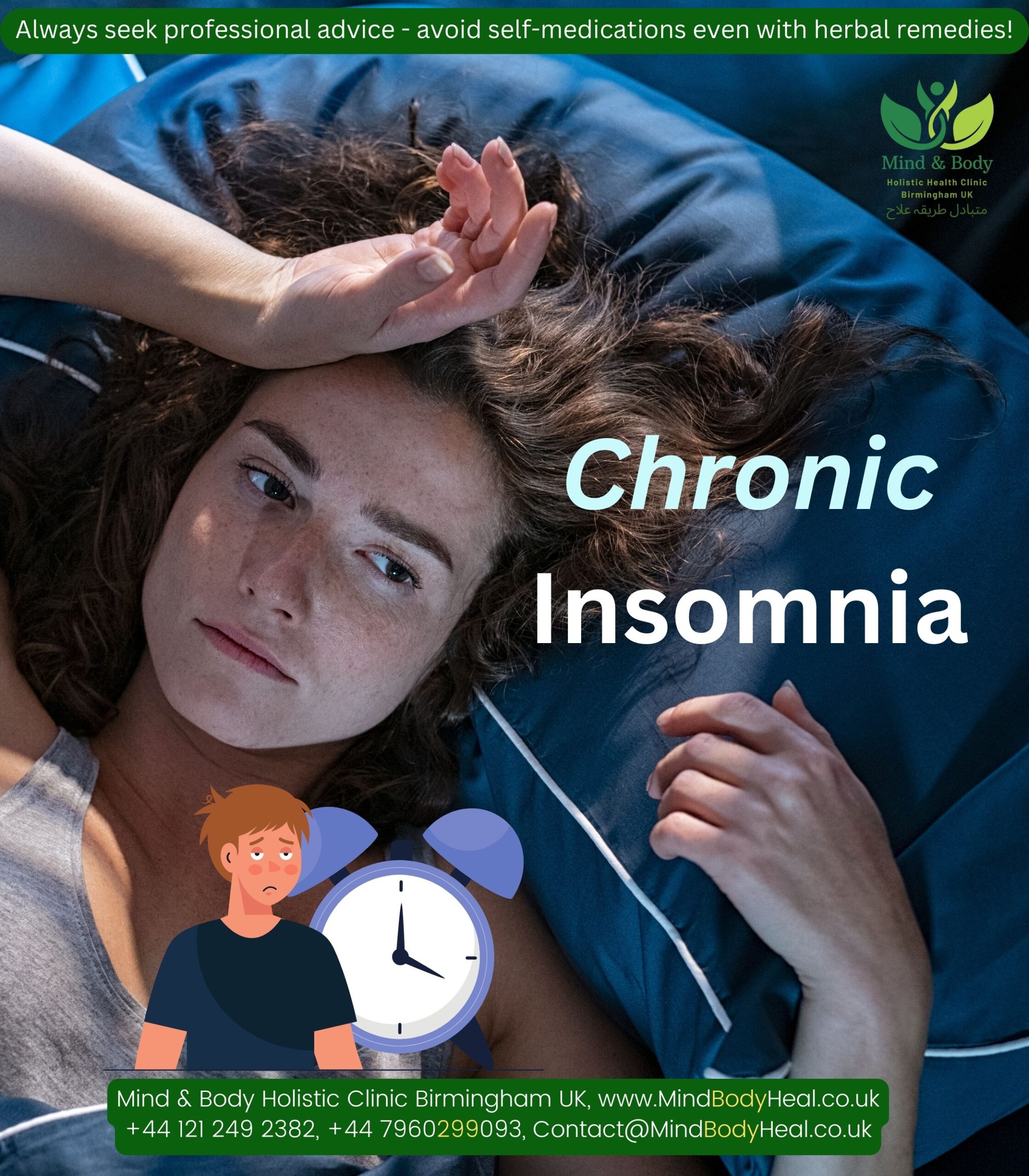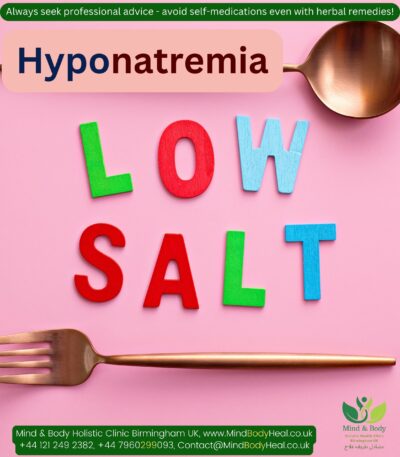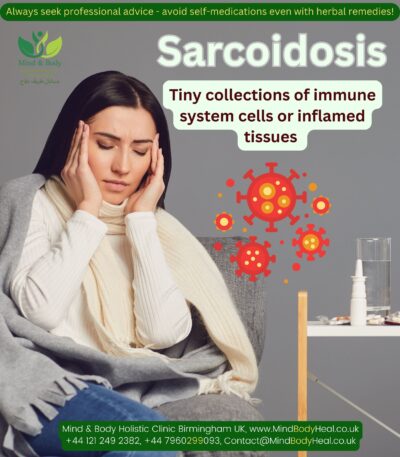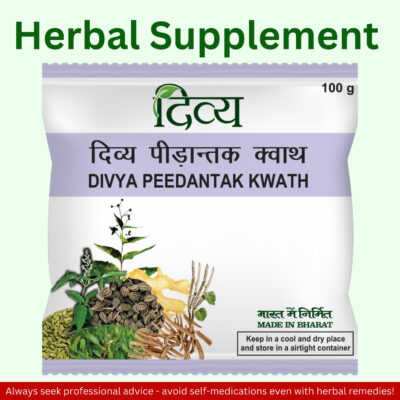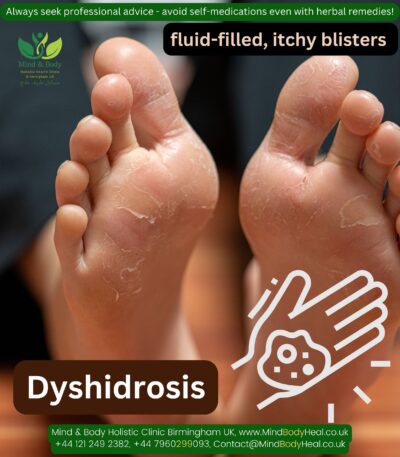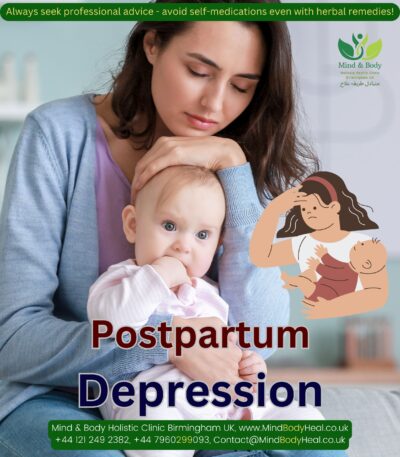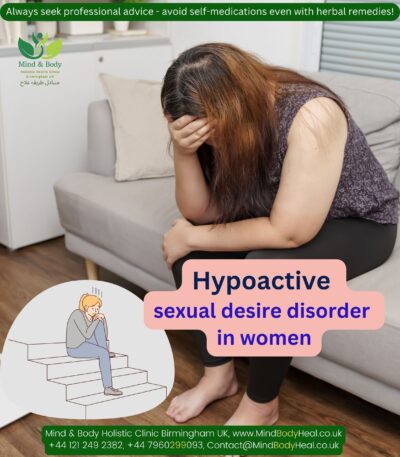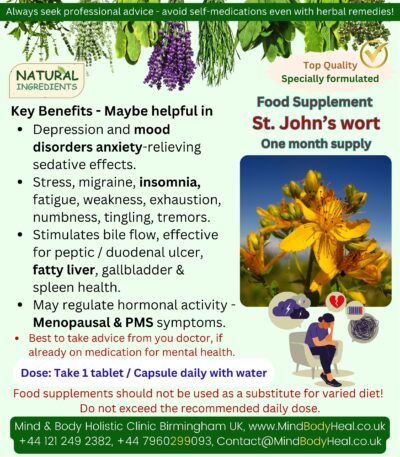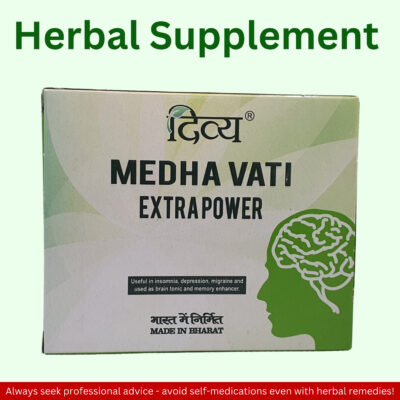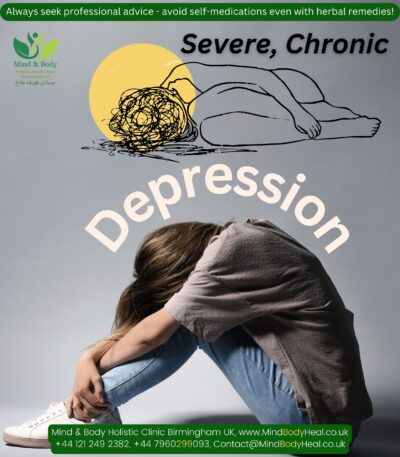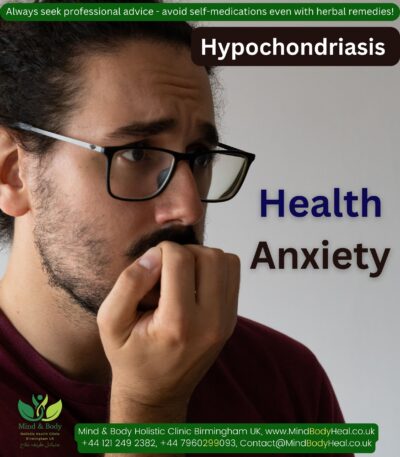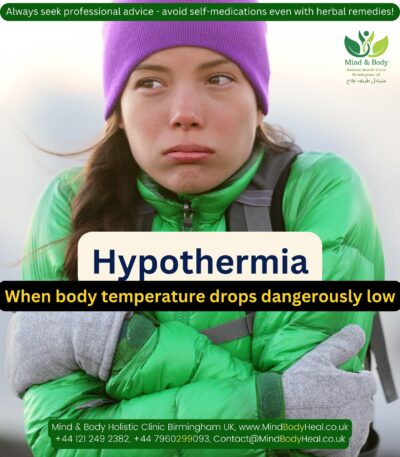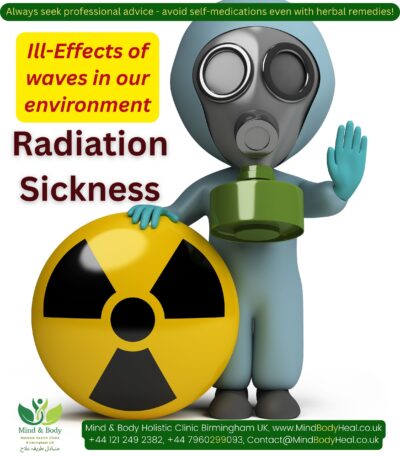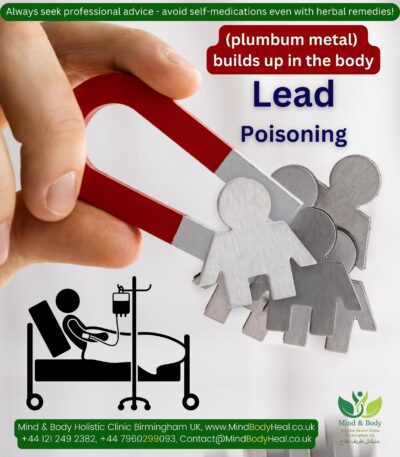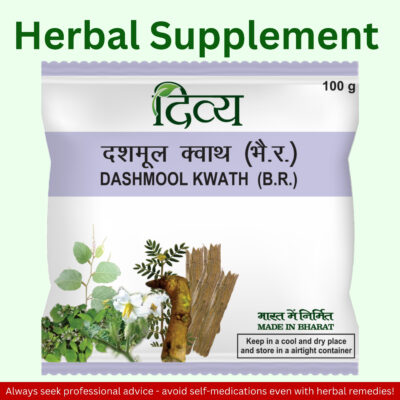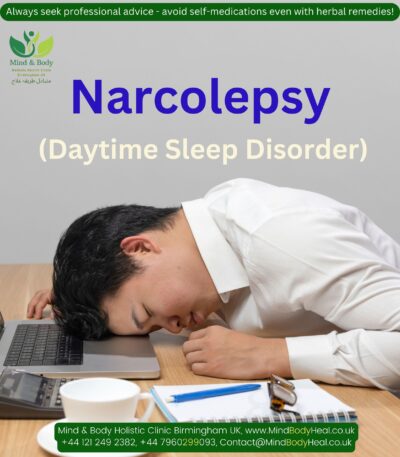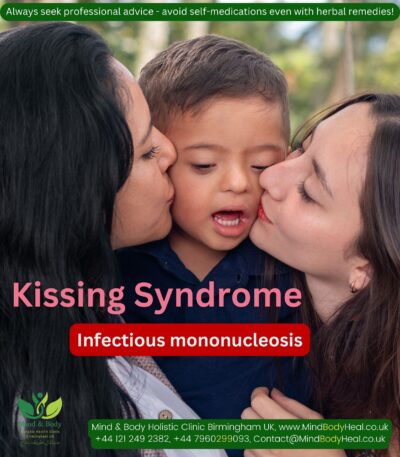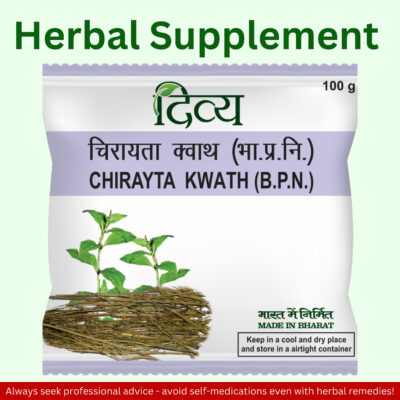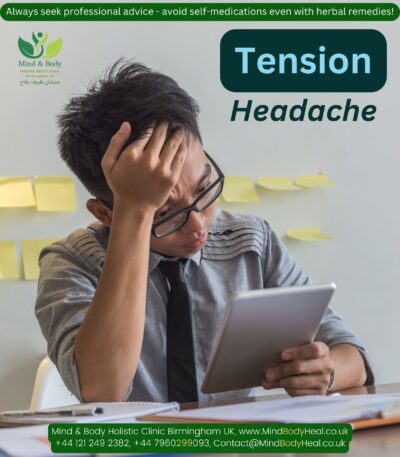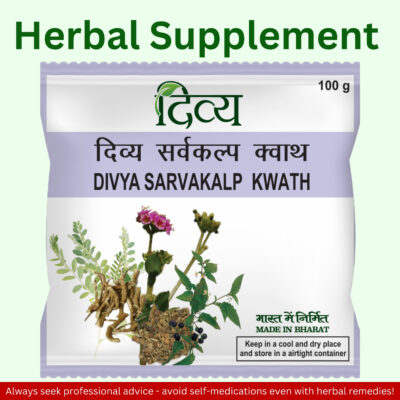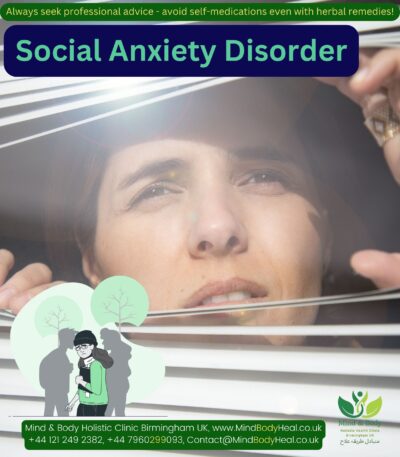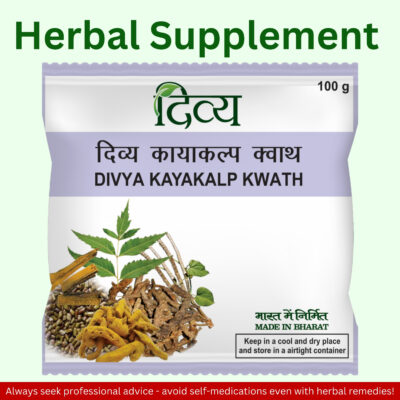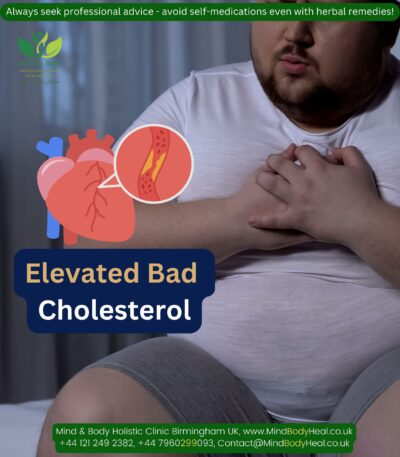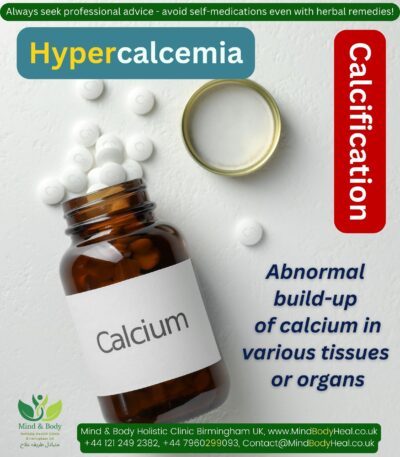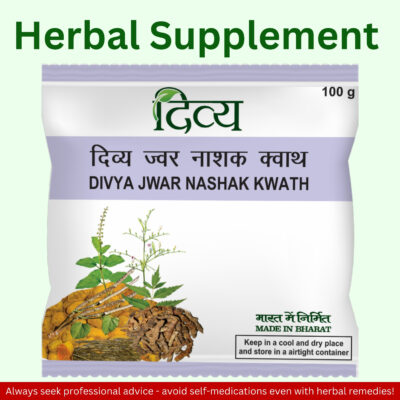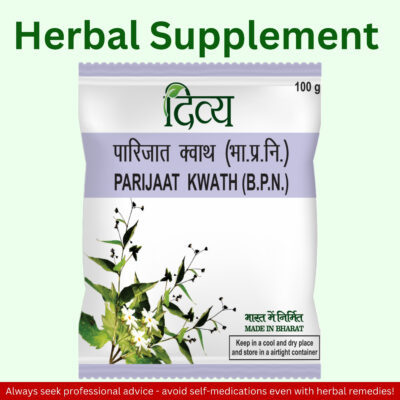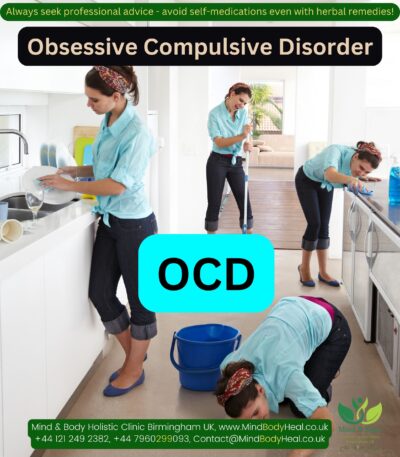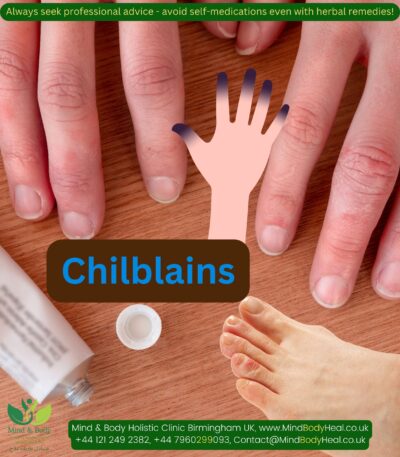Proper sleep is required for your body to repair itself and regenerate.
Some of the top benefits of Good Sleep.
- Reduces body pains and inflammation
- Improves memory, concentration and alertness
- Clears our brains of junk.
- Lowers stress levels
- Stronger immune system
- Restores our bodies and conserves energy.
- Easier weight loss
- Increased muscle mass
- Better mood – Get along better with family and friends.
- Increases Productivity.
- Lower your risk for serious health problems, like diabetes and heart disease – increased life expectancy.
To reach deep, restful sleep, your spirit and heart must be calm, and liver and spleen networks must work together to process nutrients.
According to recent reports, many people have a serious problem getting a good night’s sleep.
Chronic, stubborn insomnia is an inability to fall asleep or to remain asleep for an adequate length of time. When we get to bed, we may stay awake thinking for hours.
Once the mind is active, it becomes harder to fall asleep!
Most adults need 7 to 9 hours night-time sleep – we must be in by 11pm the latest until 3am! Any extra hours will offer additional benefits.
Insomnia means:
- Difficulty falling asleep or staying asleep,
- Early-morning awakening,
- Unrefreshing sleep.
Melatonin: The body uses melatonin as part of its normal control of the sleep-wake cycle.
The pineal gland makes serotonin and then turns it into melatonin when exposure to light decreases. Strong light (such as sunlight) slows melatonin production more than weak light does, and a completely dark room increases the amount of melatonin made more than a partially darkened room does.
Most people who sleep less than 8 hours a night experience a variety of unpleasant symptoms, like:
- Reduction in total sleep time.
- Frequent awakenings from sleep.
- Early morning awakening
- Fall asleep more easily at unscheduled time.
- Headaches
- Mental confusion or collapse
- Irritability
- Malaise
- Immune deficiencies
- Depression
- Fatigue
- Hallucinations
- Upper respiratory tract affections causing blocked nose and breathing disturbances.
- Insomnia can drain your energy level and affect mood.
Further risks of insomnia:
- Memory or concentration issues
- Inability to work
- Making more errors or having more accidents.
- Developing cardiovascular disease
- GERD – Gastroesophageal reflux disease
- Chronic pain
- Stress, anxiety and depression
- Alcohol and drug abuse
Common causes of Insomnia:
- Old age, especially people between 65 and 79 years of age.
- Extrinsic insomnia is caused by change in the sleeping environment. e.g. unfamiliar hotel or hospital bed, bedroom environment is not conducive to sleep like noise or light in bedroom (e.g. TV).
- Neurological conditions like post-traumatic stress disorder and depression
- Anticipatory anxiety about travelling or work schedule
- Psycho physiologic sleep disturbances – triggered by emotionally stressful events, e.g. before or after significant life event, such as change of occupation, loss of loved one, anxiety etc.
- Grief, sorrow, sad events
- Concerns about work, school, health, finances or family
- Extreme joy or excitement
- Business loss or failure
- Disappointment or breakdown in relationship
- Fears, terrors or worries
- Recurrent dreams
- Homesickness
- Day time shift work
- A room that’s too hot or cold
- Alcohol, caffeine, nicotine, cocaine abuse
- Poor sleeping habits
- Changes in hormones during pregnancy, menstrual cycle and especially around in menopause can cause – hot flashes, night sweats etc
- Sleep Apnea – difficulty breathing and awakens gasping for air throughout the night.
- Eating large meals and too late in the evening
- Acid Reflux
- Certain health conditions like cardiovascular diseases, severe pain, muscle convulsion, restless leg syndrome, itching, headache, prostate or urinary issues etc
- Over exertion, tiredness
- Acuteness of hearing, clock striking etc
- Jet lag
- Uncomfortable beds
- Bed partner who snores or has periodic excessive limb movement during sleep.
- High altitude causes hypoxia resulting in frequent awaking from sleep.
- Being lazy or a lack of activity can disrupt a good night’s sleep.
- Drugs like excessive intake of coffee, alcohol.
The best way to improve sleep involves making lifestyle changes:
- Eliminating caffeine and sugar from your diet,
- Avoiding stimulating activities before bed,
- Adopting a regular sleeping time,
- Gradually turning down the lights.
Ways to improve sleep quality
- Yoga & Mediation before bedtime to settle your mind and help to calm the nerves and aid sleep.
- Make bedroom environment conducive to sleep, like darken the room, no loud music.
- Keep the time you go to bed and the time you wake up the same every day, including weekends.
- Stay active. Regular activity can lead to a good night’s sleep.
- Limit naps or do not nap at all during the day.
- Sometimes a glass of warm milk before sleep helps to fall asleep faster.
Make time to sleep by maintaining a Rhythm – Try to maintain a regular sleep schedule, going to bed at the same time and waking up at the same time – to regulate your body’s internal clock.
Just Say No to Electronics – Turn off and keep yourself away from electronic devices. Remove all electronics from the bedroom, including TVs, computers, and other electronic devices.
Sleep in a dark room. Avoid bright light at least an hour before going to bed. Darkness will help your body begin producing melatonin, a hormone that naturally regulates sleep.
Keep Cool – Make sure your bedroom is a quiet and relaxing environment, which is neither too hot, nor too cold. Your bed and pillows should be supportive, yet comfortable. If you experience shoulder, hip, or back pain in the morning – It may be time for new bedding.
Wind Down – Your body needs time to shift into sleep mode, so spend the last hour before bed doing a calming activity such as reading a book.
Epsom salt: Soak yourself in a hot Epsom salt bath for 15 minutes before bedtime to produce a relaxation response.
Aromatherapy massage using calming Essential Oils – Essential oils can be diffused aromatically in the bedroom to create a calming and peaceful environment, perfect for getting a good night’s sleep. They can also be used topically and taken internally to calm the nervous system, promote relaxation, and lead to a restful sleep. One tiny study hints that the fragrance of lavender essential oil might aid sleep.
Sleep Journal: keep a journal at night to empty thoughts from your mind before bedtime and take the burdens off of your mind for a more peaceful sleep.
Fill up on Magnesium & zinc. If you get hungry before bed, try snacking on a hand full of nuts. Nuts provide protein and fat, which are not only satisfying, but are slowly digested, which can provide a calm sleep, and rich in magnesium and zinc etc., that help to calm the nervous system.
- Walk and exercise daily
- Eat 1 cup of plain yogurt or a glass of warm milk an hour before bedtime. It contains a rich supply of tryptophan an amino acid essential in the production of helpful neurochemicals to aid sleep.
- Carbohydrates tend to make us sleepy, eating a grain-based meal for dinner can also be helpful.
- Include ample leafy green vegetables, whole grains, and low-acidic food in your diet. Eat plenty of asparagus, avocados, apricots, bananas, broccoli, brown rice, figs, salmon, soy products, mulberries, basil, dill, and all types of squash.
- Drink valerian, chamomile or passionflower tea before bedtime every night until sleep improve or take St John’s wort supplement.
- Hops and lemon balm have been studied in combination with valerian.
Taking melatonin as a supplement seems to stimulate sleep when the natural cycle is disturbed. It may also have a direct sedative effect.
Some individuals find it impossible to fall asleep until early morning, a condition called delayed sleep phase syndrome (DSPS). Melatonin may be beneficial for this syndrome. It is also especially helpful for insomnia related to jet lag.
INSOMNIA: WHAT TO AVOID
- Avoid sleeping tablets or sedatives during stressful periods as they can become addictive.
- Do not keep watching TV till late in the night.
- Avoid pain medications that contain caffeine, and prescription diet pills,
- Avoid anabolic steroids,
- Ask your doctor for alternatives to beta-blockers, anti-hypertensive, asthma, thyroid hormonesand some antidepressant medications.
- Avoid nasal decongestants that contain ephedrine or other stimulants.
- Avoid tyramine-containing foods such as bacon, cheese, chocolate, ham, potatoes, tomatoes, and sausage, as tyramine inhibits norepinephrine and other neurochemicals and can cause insomnia.
- Don’t drink alcohol or caffeinated drinks too close to bedtime.
- Avoid soft drinks, chocolate, candy, or dessert, drinks with artificial sweeteners, foods with preservatives and MSG, spicy foods, and hard-to-digest foods.
FREE Shipping included – Usually dispatched within 1 – 2 working days!
Are you concerned about your health or managing a recurring or chronic condition?
Our website provides informed guidance and initial supportive care for individuals who are finding it difficult to access their doctors or who have not experienced desired improvement with conventional options.
We help individuals explore a range of natural and holistic healing approaches to encourage balance and long-term wellness that may complement your healing journey.
We offer a ready-to-use complementary remedies kit designed to ease discomfort and support well-being, with clear instructions for each item.
The kit includes a personalised selection of remedies based on your signs, symptoms, and likely causative factors.
It may combine homeopathic medicines, herbal or daily supplements, a tailored diet plan, lifestyle guidance, practical tips, and topical applications where needed. It’s suitable if you value the healing potential of natural, holistic remedies.
Complementary remedies work best alongside standard medical treatments and can usually be taken safely with your regular medications.
Our homeopathic remedies follow Dr. Hahnemann’s traditional dilution and succussion methods and are prepared by a qualified naturopathic practitioner, supported by research, clinical experience, and observed outcomes in similar cases. Treatment duration can range from a few weeks to several months, depending on severity and chronicity. Outcomes vary with individual factors and case complexity.
If you prefer lactose pills instead of sucrose globules, let us know. Please also provide the patient’s age so we can supply appropriately sized pills. You can simply send this via WhatsApp at 07960 299 093.
These remedies may contain trace amounts of natural plant, mineral, or animal substances, preserved in medical-grade alcohol. Inform us of any allergies or dietary restrictions before purchase.
You may contact us before starting or book a detailed consultation (in person or via teleconsultation) with one of our experienced naturopath for your detailed assessment or personalized guidance.
Natural remedies can affect the body and may not suit everyone. At the start of treatment, some patients—especially with mental health or skin issues—may experience a temporary increase in symptoms. This may represent medicinal aggravation, indicating the body is responding, though symptoms may not be connected and simply coincidental. If they persist, contact us for support.
Why some patients choose natural, complementary or holistic remedies:
• Symptomatic relief and improved well-being
• Gentle options with fewer side effects
• Whole-person focus, addressing physical, emotional, and lifestyle factors
• Root-cause and preventive emphasis
• Encouragement of active self-care
• Support alongside conventional treatment
• Personalised and accessible care
Precautions:
• Inform your healthcare provider about any complementary therapies
• Some herbs or supplements may interact with conventional medications
• Do not replace conventional treatment for serious, chronic, or terminal conditions
These complementary remedy kits are provided for your own discretion and personal responsibility. Use them mindfully and avoid self-medicating in sensitive situations.
If you are looking for a specific remedy / kit not listed on our site or a customized formulation, contact us—our range is extensive and can be tailored to your physical and mental symptoms and causative factors.
Disclaimer:
Natural remedies—including homeopathic remedies, herbal supplements, and aromatherapy products—are generally safe for most people, including children and older adults. Still, consult your GP or healthcare provider before use, especially if pregnant, breastfeeding, or managing chronic or serious conditions.
- Our remedies support general wellness and are not a substitute for medical advice.
- Review product details and make informed decisions before purchasing, particularly for ongoing or serious concerns.
- We provide general guidance only; detailed personalised consultations are not available through this platform.
- These remedies are intended for individuals able to follow instructions independently.
- Our support focuses on product use and general information; repeated or highly detailed personal queries may not receive individual responses.
- If you need frequent reassurance or highly tailored advice, please consult a qualified naturopath or healthcare provider before purchasing.
Due to strict UK regulations on the sale of medicinal products, we cannot give specific advice, without a face-to-face consultation.


